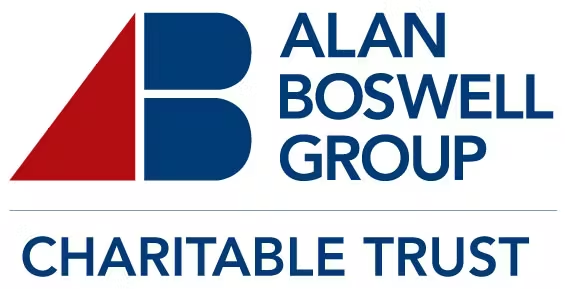Company News
Stay up to date with the latest company news across the Group, including developments in risk management, insurance, financial services, and exciting activities we are involved in, such as sponsorships and charity events.

Sponsorship renewal of Cambridgeshire Girls and Women’s Football League for the 2025/2026 season
We're pleased to announce the renewal of our sponsorship of the Cambridgeshire Girls and Women’s Football League for the 2025/2026 season.

New Technical Planners at Alan Boswell Financial Planners
We’re pleased to announce the promotion of Jak Smythe and Ollie Whittaker to Trainee Technical Planner positions at Alan Boswell Financial Planners.

Duncan Baker Joins ABG in a Financial Executive Role
Alan Boswell Financial Planners is pleased to welcome Duncan Baker to the team, bringing with him a unique combination of financial expertise and public service experience. We spoke to Duncan to get some insight into his career so far and his future with ABG.

Our Cambridge office has relocated
After nearly 40 years at its current location, our Cambridge office has relocated to a new state-of-the-art office at the Cambridge Business Park.

Alan Boswell Financial Planners announces newest Financial Planner
We’re pleased to announce the promotion of Nicholas Powell to the position of Financial Planner. Nick has been with Alan Boswell Financial Planners since October 2023, having joined as a Technical Planner.

Recent developments at Alan Boswell Financial Planners
We’re excited to share some recent developments that reflect our continued growth and commitment to delivering an exceptional service.

Andrew Thompson & Associates Insurance Brokers joins Alan Boswell Group
We’re pleased to announce that Andrew Thompson & Associates Insurance Brokers (AT&A), an East-Suffolk-based commercial insurance broker established in 2010, has joined the Group.

Alan Boswell Group named finalist for 'Insurance Broker of the Year' at The British Insurance Awards 2025
We're pleased to announce we have been named a finalist in the 'Insurance Broker of the Year' category at The British Insurance Awards 2025.

Alan Boswell Group Charitable Trust Spring 2025 Update
The Alan Boswell Group Charitable Trust continues its commitment to make a difference to charitable causes in the areas that we operate in.

Platinum Trusted Service - for the seventh year in a row!
We’re pleased to announce we have been awarded Feefo’s highest rating, Platinum Trusted Service, for the seventh year in a row.

Alan Boswell Group Charitable Trust Winter 2024 Update
The Alan Boswell Group Charitable Trust continues its commitment to make a difference to charitable causes in the areas that we operate in.

Best Landlord Insurance Provider 2024
We’re delighted to have been awarded ‘Best Landlord Insurance Provider‘ at the National Landlord Investment Show Awards 2024 in recognition of the commitment of our landlord's team to providing excellent customer service and marketing leading insurance protection.
